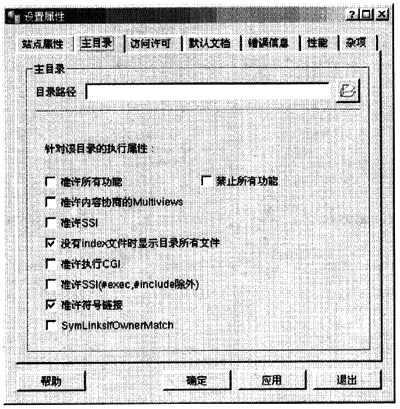Passage Two
In its modem form the concept of "literature" did not emerge earlier than the eighteenth century and was not fully developed until the nineteenth century. Yet the conditions for its emergence had been developing since the Renaissance. The word itself came into English use in the fourteenth century, following French and Latin precedents; its root was Latin littera, a letter of the alphabet. Litterature, in the common early spelling, was then in effect a condition of reading: of being able to read and of having read. It was often close to the sense of modem literacy, which was not in the language until the late nineteenth century, its introduction in part made necessary by the movement ofliteratureto a different sense. The normal adjective associated with literature was literate. Literary appeared in the sense of reading ability and experience in the seventeenth century, and did not acquire its specialized modem meaning until the eighteenth century.
Literature as a new category was then a specialization of the area formerly categorized as rhetoricand grammar: a specialization to reading and, in the material context of the development of printing, to the printed word and especially the book. It was eventually to become a more general category than poetry or the earlier poesy, which had been general terms for imaginative composition, but which in relation to the development of literature became predominantly specialized, from the seventeenth century, to metrical composition and especially written and printed metrical composition. But literature was never primarily the active composition—the " making"—which poetry had described. As reading rather than writing, it was a category of a different kind. The characteristic use can be seen in Bacon "learned in all literature and erudition, divine and humane"—and as late asJohnson "he had probably more than common literature, as his son addresses him in one of his most elaborate Latin poems." Literature, that is to say, was a category of use and condition rather than of production. It was a particular specialization of what had hither to been seen as an activity or practice, and a specialization, in the circumstances, which was inevitably made in terms of social class. In its first extended sense, beyond the bare sense of "literacy," it was a definition of "polite" or "humane" learning, and thus specified a particular social distinction. New political concepts of the "nation" and new valuations of the "vernacular" interacted with a persistent emphasis on "literature" as reading in the "classical" languages. But still, in this first stage, into the eighteenth century, literaturewas primarily a generalized social concept, expressing a certain (minority) level of educational achievement. This carded with it a potential and eventually realized alternative definition of literatureas "printed books:" the objects in and through which this achievement was demonstrated.
It is important that, within the terms of this development, literature normally included all printed books. There was not necessary specialization to "imaginative" works. Literature was still primarily reading ability and experience, and this included philosophy, history, and essays as well as poems. Were the new eighteenth century novels literature That question was first approached, not by definition of their mode or content, but by reference to the standards of "polite" or "humane" learning. Was drama literature This question was to exercise successive generations, not because of any substantial difficulty but because of the practical limits of the category. If literature was reading, could a mode written for spoken performance be said to be literature, and if not, where was Shakespeare
At one level the definition indicated by this development has persisted. Literature lost its earliest sense of reading ability and reading experience, and became an apparently objective category of printed works of a certain quality. The concerns of a "literary editor" or a "literary supplement" would still be defined in this way. But three complicating tendencies can then be distinguished: first, a shift from "learning" to "taste" or "sensibility" as a criterion defining literary quality; second, an increasing specialization of literature to "creative" or "imaginative" works; third, a development of the concept of "tradition" within national terms, resulting in the more effective definition of "a national literature." The source of each of these tendencies can be discerned from the Renaissance, but it was in the eighteenth and nineteenth centuries that they came through most powerfully, until they became, in the twentieth century, in effect received assumptions.
When did the modern concept of "literature" emerge ?()
A.In the seventeenth century.
B.In the eighteenth century.
C.In the nineteenth century.
D.In the twentieth century.
参考答案:B
解析:
根据第一句话did not emerge earlier than the eighteenth century可知,“literature”从十八世纪起才具有了现在的内涵。

